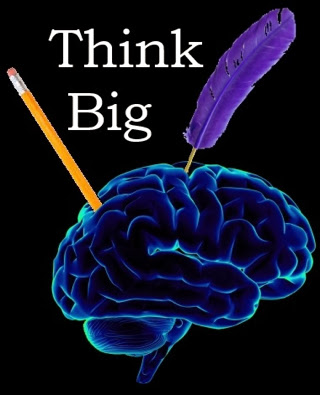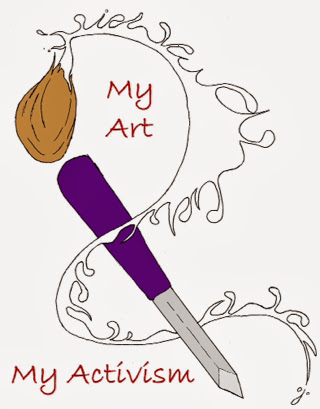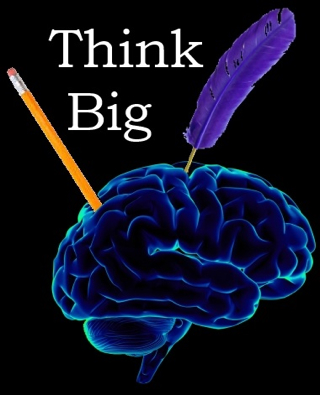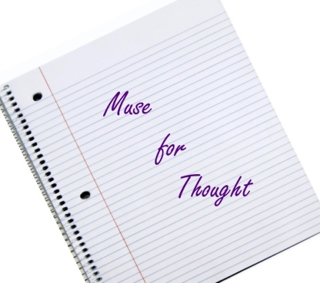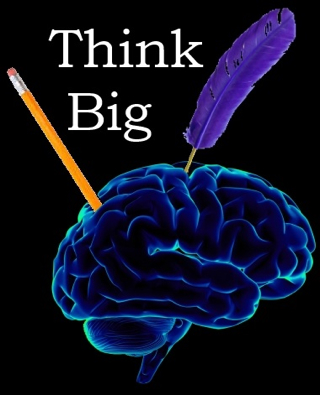A Novel Coming of Age Story
Today, I put the last words into the rough draft of Immortal Blood.
At last, it's finally finished.
This project has been especially important to me because I finally discovered an incarnation that would allow me to bring this universe into the world.
This is the fourth time I've tried to get the Chronicles of the Immortal Blood going.
The first incarnation was cursed with the lack of a strong climax. I'd started writing it back when I thought the characters would create the story, and I didn't need to be concerned with where I was going so long as I was going somewhere.
I learned from that mistake and began my second attempt to bring the universe of the Immortal Blood to life. Unfortunately, I fell into the trap of trying to tell too much too soon and created a story with two climaxes that mattered to two different characters...and managed to pen a full sequel before I recognized the flaw in my design.
After that failure, I pulled the two story lines apart, shelved the original setting, and tried to write something reminiscent of the Roman Gladiators with mutant powers, Gods that intervened in not so subtle ways, and technology that would have baffled the people of the time. I loved the premise. Words spilled out from the keyboard. I thought I'd found the path for which I'd been searching so hard. Then I hit reality. As cool as the setting and the idea might have seemed, the story I'd woven into my outline couldn't sustain itself for more than 50,000 words without being padded with useless fluff.
I felt like I'd hit a dead end.
All the hours I'd put into this world and nothing I did could bring it to life.
I put the Chronicles of the Immortal Blood on a shelf and drowned the sorrow of my failure in gun battles with Sven Nulis.
But as I toiled through two large rewrites of Sven's debut, ideas kept poking at the back of my brain. What if I combined the original setting with my idea for Gladiator-style battle? What if Zero was a bandit, a free agent not tied to the government? How about I pull the Gods further into the conflict? Could I get away with using personal philosophies to shape the reality of life in this universe? Wouldn't this be better if the terrible fathers had complex motives for their actions?
I started scribbling notes. And a new outline began to take shape.
A year and a half ago, I decided to give the Immortal Blood one more chance.
Today, I have a completed zero draft three months ahead of schedule. I feel like a zittery bundle of energy and a sleepy kitten all at the same time. I'm excited and exhausted, gearing up for the next phase of bringing Zero's story into the world.
And the joyous pride is a high I'd be happy to feel at the end of every draft.
I'd say all the hard work was worth it.


